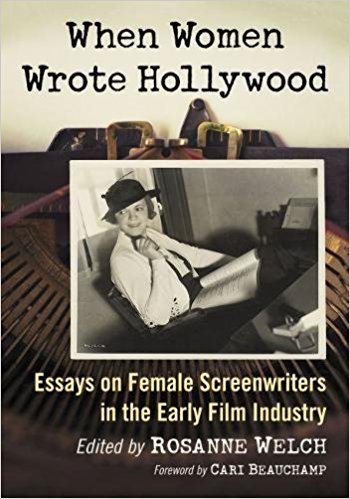Watch this entire presentation
Subscribe to Rosanne’s Channel and receive notice of each new video!
In honor of Halloween – and in service to my teaching philosophy —
“Words Matter. Writers Matter. Women Writers Matter.”
I presented this holiday lecture “When Women Write Horror” on Tuesday, October 29th, 2019. Researching the many, many women who have written horror stories – in novels, films and television – brought new names to my attention who I am excited to start reading. I hope you will be, too!
Transcript:
In also just a little bit post her period when I was researching this I found it so interesting. There were not many women who we teach in our schools, but here they were living full, professional careers as writers in eras when we don’t even think about women having jobs at all, right? So Elizabeth Gaskell really interested me. I love the fact that you can see full shelves of books written by women and books based on horror stories which again, we don’t really relate to women. So what was that about and why were they getting away with that? I think she’s really cool because we mostly know these women for the drama novels they wrote. The things that were proper books. If you wrote a book at all it was about a proper society. So Cranford is what she’s mostly known for which was turned into a miniseries with some famous ladies who’ve you seen in other sorts of Harry Potter-like stories, but she really wrote all kinds of ghost stories and she began her career by being published by Charles Dickens. So Dickens was doing magazine publishing and he’s publishing a lot of women which I thought was very interesting. I had not equated that with him. So Elizabeth Gaskell is one of the names we should know more.
* A portion of each sale from Amazon.com directly supports our blogs
** Many of these books may be available from your local library. Check it out!
† Available from the LA Public Library
Podcast: Play in new window | Download
Subscribe: RSS
![03 Elizabeth Gaskell from When Women Write Horror with Dr. Rosanne Welch [Video] (1 minute 3 seconds)](https://rosannewelch.com/wp-content/uploads/2020/03/rmw-cpp-horror-03.jpeg)
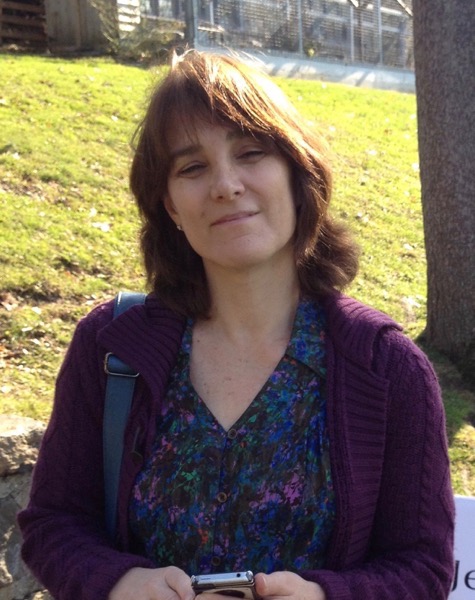
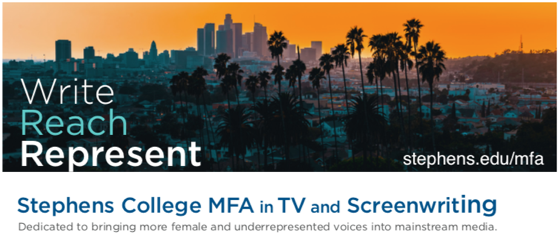
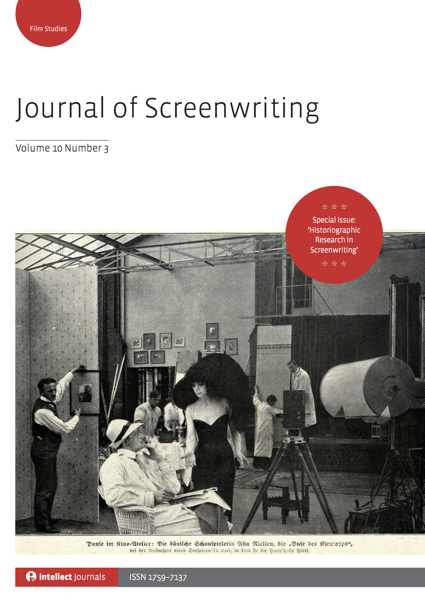
![01 Introduction from Why Researching Screenwriters (has Always) Mattered – Dr. Rosanne Welch [Video] (1 minute)](https://rosannewelch.com/wp-content/uploads/2020/03/rmw-sao-paolo-01.png)
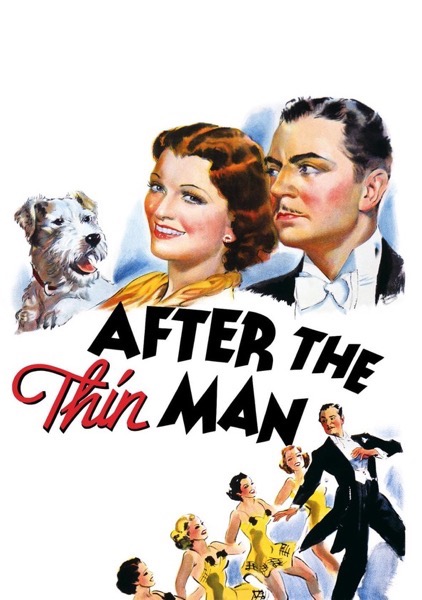




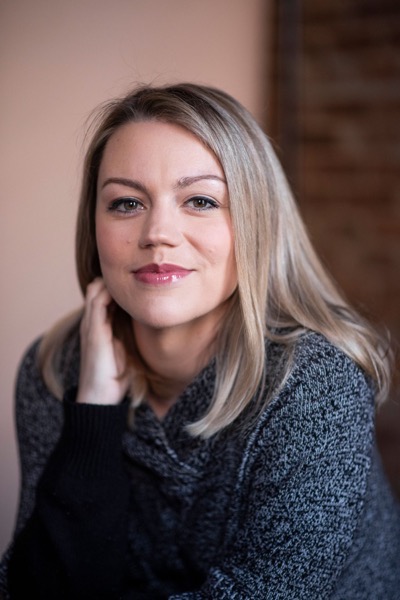
![02 Women and Horror Writing from When Women Write Horror with Dr. Rosanne Welch [Video] (45 seconds)](https://rosannewelch.com/wp-content/uploads/2020/03/rmw-cpp-horror-02.jpeg)
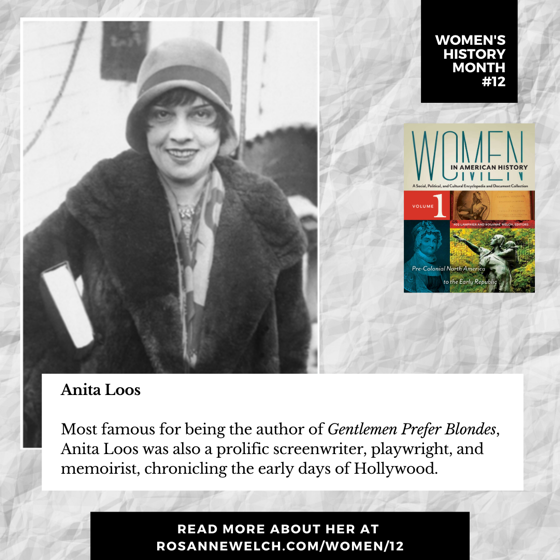
![44 Conclusion from “When Women Wrote Hollywood” – Dr. Rosanne Welch [Video] (39 seconds)](https://rosannewelch.com/wp-content/uploads/2020/03/csuf-rmw-w3h-44.jpeg)
